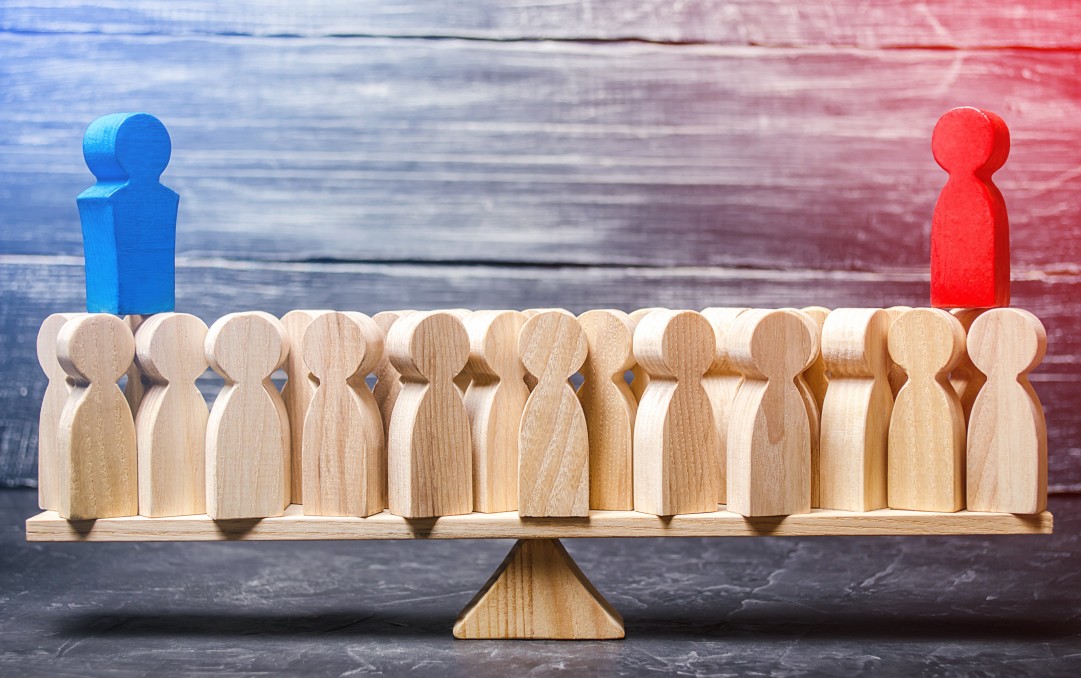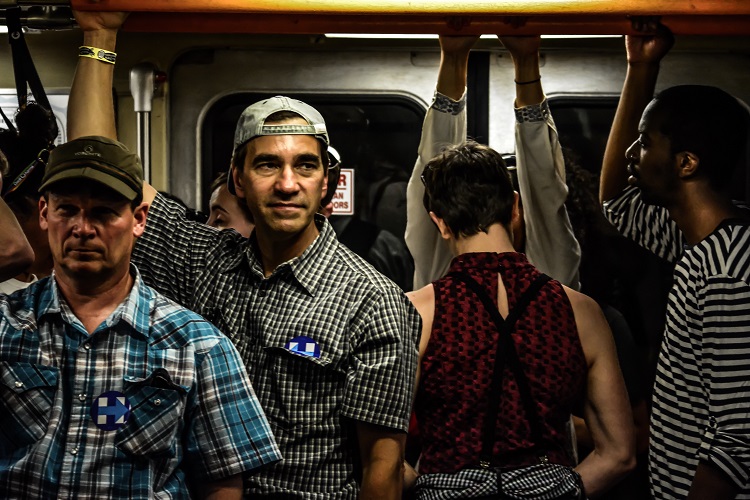New York Times columnist David Brooks recently published an article discussing the intersection of the Biblical parable of the prodigal son with social policy-making in America.
This well-known story from Luke 15 recounts the rebellion of one son against his father, and his pursuit of pleasure and possessions that ultimately leaves him destitute. When the son returns home, humbled and repentant, the father lovingly welcomes him and extravagantly celebrates his return. The elder son who has dutifully served his father for years is appalled that his brother did not receive the harsh discipline his rebellion and irresponsibility merited.
 So how is Jesus’ story of a father and his two sons relevant to the social policy problems of today? David Brooks insightfully proposes that these sons and their relationships with their father are in fact reflective of an American society that, as Charles Murray would agree, is coming apart along class lines. Brooks states:
So how is Jesus’ story of a father and his two sons relevant to the social policy problems of today? David Brooks insightfully proposes that these sons and their relationships with their father are in fact reflective of an American society that, as Charles Murray would agree, is coming apart along class lines. Brooks states:
We live in a divided society in which many of us in the middle- and upper-middle classes are like the older brother and many of the people who drop out of school, commit crimes and abandon their children are like the younger brother… We in the elder brother class will end up self-righteously lecturing the poor: “You need to be more like us: graduate from school, practice a little sexual discipline, work harder.” But…the elder brother class are stained, too.
How can we bridge this class division, foster meaningful relationships and bring redemptive reconciliation to these broken situations?
As authors Steve Corbett and Brian Fikkert propose, it is only by “embracing our mutual brokenness” that we can build truly restorative relationships and community, regardless of our class or social status. The parable of the prodigal son reminds us that we shouldn’t punish or degrade the poor, nor should we demonize the rich. Rather, we should acknowledge that:
In a fallen world, we are all homeless beggars… Each one of us—whether materially rich or poor—is longing, like the Prodigal Son, to come home to a feast, a banquet in which all our physical needs are fully satisfied and all our relationships are completely restored…in which we experience all that it means to be human for the first time.
Ultimately, all poverty, injustice and sin is a symptom of broken relationships with God, with others and with the rest of creation. Whether in our personal interactions with both the “younger brother class” and the “elder brother class,” or in the social policy solutions that we prioritize, our goal should always be to “restore people to a full expression of humanness” as image-bearers of God.



